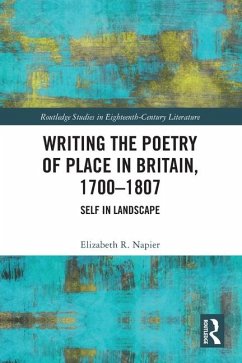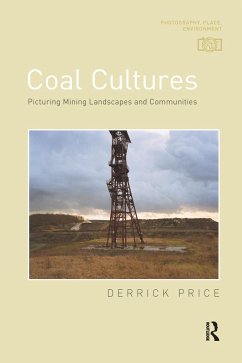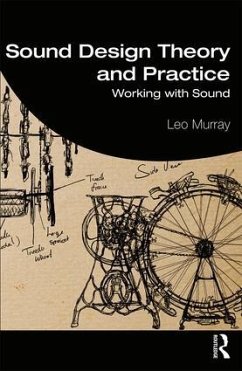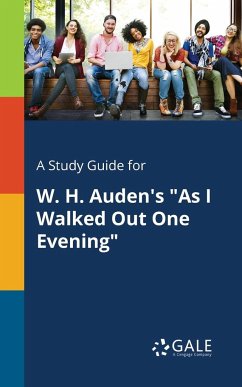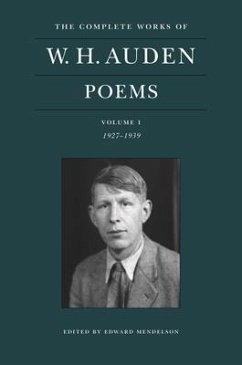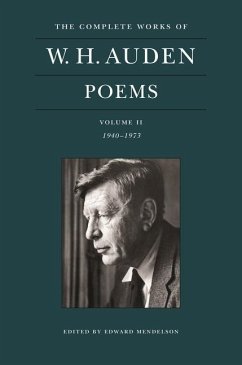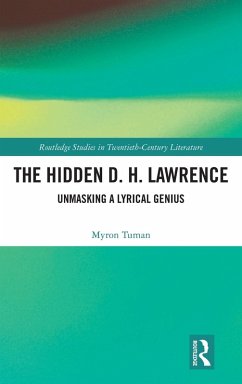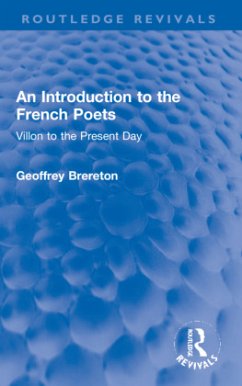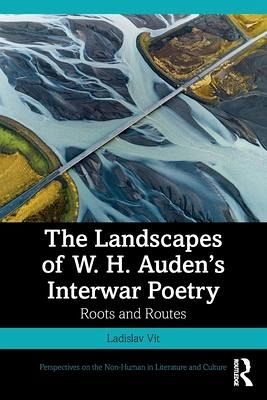
The Landscapes of W. H. Auden's Interwar Poetry
Roots and Routes
Versandkostenfrei!
Versandfertig in 6-10 Tagen
43,99 €
inkl. MwSt.
Weitere Ausgaben:

PAYBACK Punkte
22 °P sammeln!
This is the first book-length study foregrounding Auden's sense of place as a means for enhancing our grasp of this crucial twentieth-century poet.Proposing that Auden had a remarkable spatial sensibility, this book concentrates on his treatment of his homeland England, as well as the North Pennines and Iceland, both of which served as his 'good' places, 'holy' grounds and sources of topophilic sentiment. The readings draw on the scholarship of humanistic geography, tracing patterns of mental constructs which emerge from spatial experience. In a scholarly but engaging way, this book argues tha...
This is the first book-length study foregrounding Auden's sense of place as a means for enhancing our grasp of this crucial twentieth-century poet.
Proposing that Auden had a remarkable spatial sensibility, this book concentrates on his treatment of his homeland England, as well as the North Pennines and Iceland, both of which served as his 'good' places, 'holy' grounds and sources of topophilic sentiment. The readings draw on the scholarship of humanistic geography, tracing patterns of mental constructs which emerge from spatial experience. In a scholarly but engaging way, this book argues that focusing on Auden's poetics of place as it emerged and evolved can be instrumental to our understanding of this influential poet not only in relation to his epoch but also to the Anglophone poetic tradition. Precisely because of his stature, these elaborations on Auden's preoccupation with places, escapism, borders and local identity promise to enrich our understandingof the cultural and intellectual climate of the interwar period, when established notions of local places and cultures were beginning to be contested by internationalisation.
This study will be of interest to both academics and students in the field of Anglophone literary studies while also appealing to those attracted to Auden's poetry, interwar culture and the literary representation of space.
Proposing that Auden had a remarkable spatial sensibility, this book concentrates on his treatment of his homeland England, as well as the North Pennines and Iceland, both of which served as his 'good' places, 'holy' grounds and sources of topophilic sentiment. The readings draw on the scholarship of humanistic geography, tracing patterns of mental constructs which emerge from spatial experience. In a scholarly but engaging way, this book argues that focusing on Auden's poetics of place as it emerged and evolved can be instrumental to our understanding of this influential poet not only in relation to his epoch but also to the Anglophone poetic tradition. Precisely because of his stature, these elaborations on Auden's preoccupation with places, escapism, borders and local identity promise to enrich our understandingof the cultural and intellectual climate of the interwar period, when established notions of local places and cultures were beginning to be contested by internationalisation.
This study will be of interest to both academics and students in the field of Anglophone literary studies while also appealing to those attracted to Auden's poetry, interwar culture and the literary representation of space.





